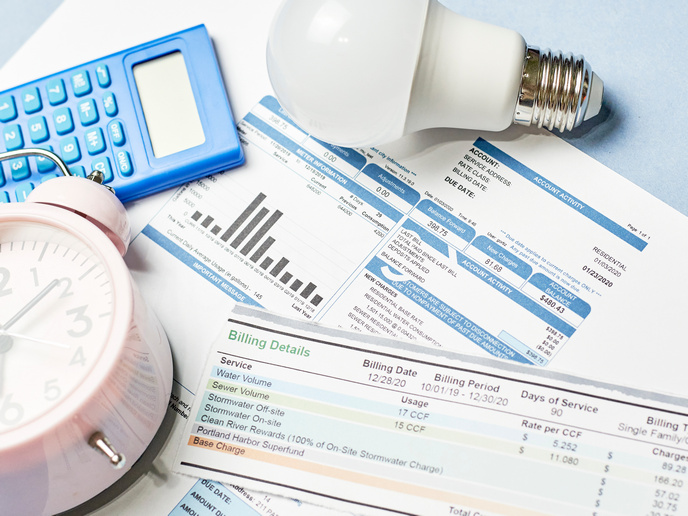Reducing energy poverty: working with utilities and energy companies to deliver effective actions
Energy poverty – when a household cannot meet basic domestic energy needs – results from a combination of factors, including low-income, high-energy costs and inefficient buildings. In 2022, almost one in 10 people in the EU – more than 41 million people – lived in a home not adequately heated. To help EU countries alleviate energy poverty, the EU-funded SocialWatt(opens in new window) project focused on supporting utilities, energy companies and other stakeholders in identifying energy-poor households, as well as in designing and implementing schemes to address energy poverty. Outcomes contributed to policy recommendations with impact.
Finding and helping energy-poor households
SocialWatt developed three user-friendly decision support tools(opens in new window) for utilities and energy companies. These tools help users identify energy-poor households among their customers, compare different sustainable energy schemes and select the best options, as well as monitor and assess the effectiveness of implemented schemes. According to Andriana Stavrakaki of the Institute of Communication and Computer Systems(opens in new window) and SocialWatt project manager: “More than 25 schemes to alleviate energy poverty were designed, most of which were launched and implemented within the project timeframe.” These resulted in direct benefits to about 12 000 people from renewable energy installations and energy efficiency interventions.
Capacity building among stakeholders
“Having tools is an asset, but using them effectively is key. Therefore, it is important to build users’ capacity so that they are able to use the tools in an intelligent way. Furthermore, it is paramount to ensure that energy-poor households are able to participate in schemes designed to help them. For instance, one of the SocialWatt tools enables users to assess the cost effectiveness of different energy efficiency and renewable energy schemes. This alone may not help them alleviate energy poverty if the energy poor cannot participate in the schemes, for example due to upfront costs,” explains Stavrakaki. SocialWatt organised eight capacity-building workshops focused not only on the tools’ use but also on effectively designing, financing and implementing energy poverty schemes in practice. The project also conducted nine training seminars across Europe to foster the exchange of knowledge and experience. “SocialWatt engaged various stakeholders including stakeholders from different levels of government, utilities and energy companies, NGOs, social services, energy agencies and academia. It has increased understanding of how poverty and energy poverty are interlinked, and how dealing with the latter can contribute to alleviating poverty overall,” Stavrakaki says.
Policy recommendations: Energy Efficiency Directive and more
All the activities implemented and the knowledge generated enabled SocialWatt to contribute significantly to the formulation of EU and national policy, surpassing original goals. Most importantly, the project started producing results and outputs during the revision of the EU’s Energy Efficiency Directive(opens in new window); SocialWatt was able to provide feedback from the experience of utilities and energy companies in designing actions and schemes targeting energy-poor households. “A key SocialWatt policy recommendation was to introduce in the Energy Efficiency Directive a minimum ringfence(opens in new window) of energy savings to be delivered in energy-poor households. Therefore, we were very pleased that the revised Directive now requires EU countries to achieve a share of their energy savings among vulnerable households and those affected by energy poverty,” notes Stavrakaki. Finally, SocialWatt outcomes showed that while utilities and energy companies can play a unique role in addressing energy poverty, there are limits to what they can do and how well they might do it given their commercial targets and regulatory requirements. “The question remains as to whether utilities and energy companies can or should be the main route to energy efficiency and tackling energy poverty. Nevertheless, SocialWatt has significantly contributed to raising awareness and understanding on what energy poverty is and how to address it,” Stavrakaki concludes.







